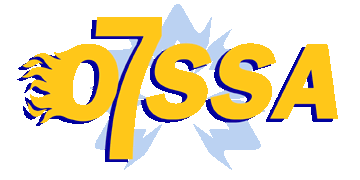
Location
University of Windsor
Document Type
Paper
Start Date
6-6-2007 9:00 AM
End Date
9-6-2007 5:00 PM
Abstract
The common ground in an inquiry consists of what the participants agree on, at least for the sake of the inquiry. The relations between the factual and linguistic components of common ground are notoriously difficult to trace. I clarify them by exploring how modal disagreements – disagreements about how things might be – interact with the linguistic and the factual common ground. I argue that modal agreement is essential to common ground of any kind
Creative Commons License

This work is licensed under a Creative Commons Attribution 4.0 International License.
Response to Submission
G C. Goddu, Commentary on Hunter
Reader's Reactions
G C. Goddu, Commentary on Hunter (June 2007)
Included in
Common Ground and Modal Disagreement
University of Windsor
The common ground in an inquiry consists of what the participants agree on, at least for the sake of the inquiry. The relations between the factual and linguistic components of common ground are notoriously difficult to trace. I clarify them by exploring how modal disagreements – disagreements about how things might be – interact with the linguistic and the factual common ground. I argue that modal agreement is essential to common ground of any kind
